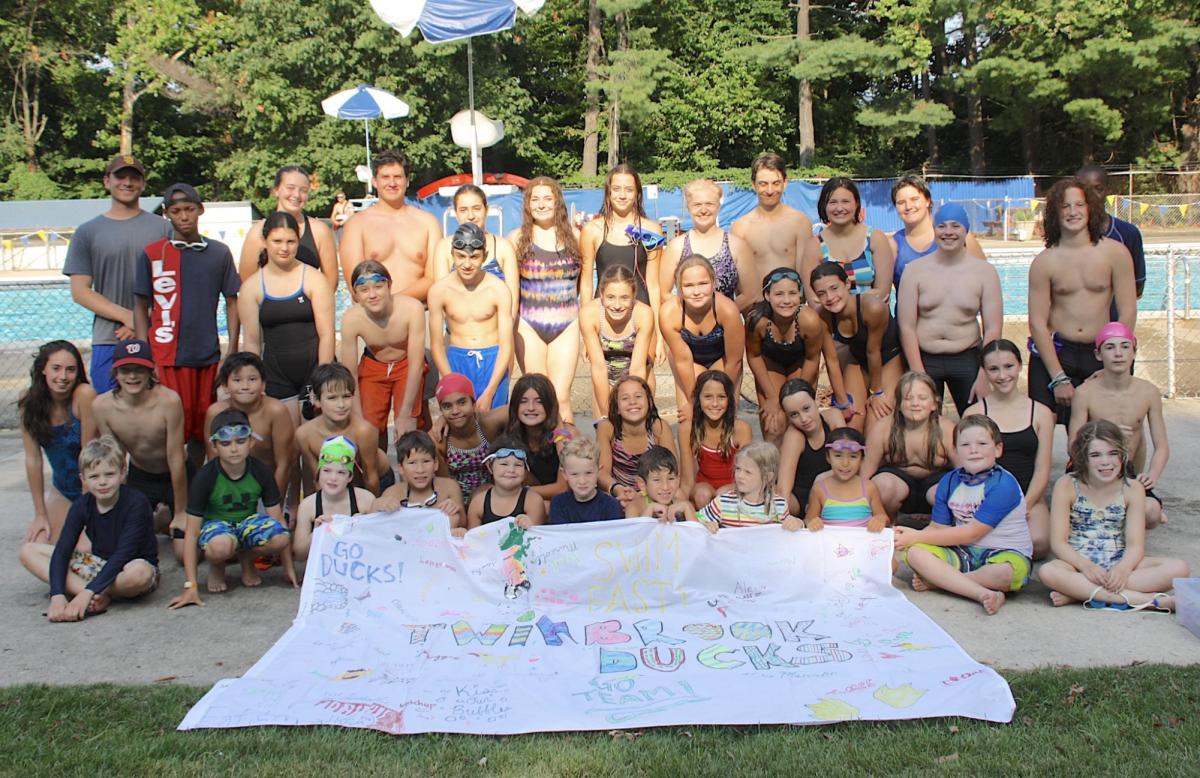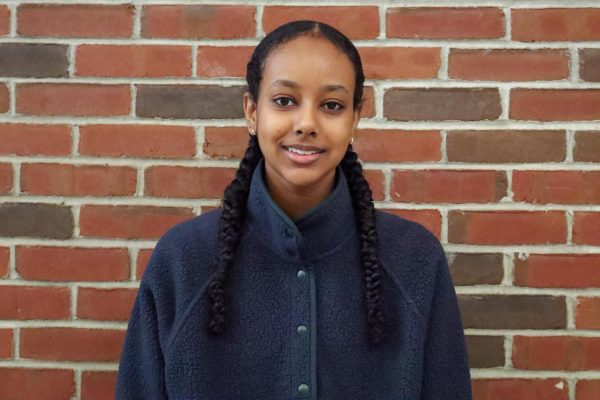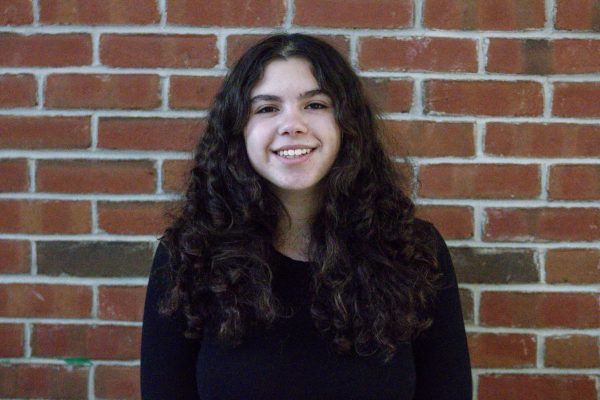Every holiday has traditions, some dreaded and some very anticipated. On Halloween we carve pumpkins and go trick-or-treating in various costumes. On Valentine’s Day, we make special cards for classmates and celebrate love. On April Fools’, we play pranks and tricks on people. On Christmas, we carol and open presents. The list goes on. Although celebrated at different times and occasions, these holidays are all celebrated within the day.
However, what makes the holiday of New Year’s special is that, aside from the usual tradition of staying up until midnight and watching the ball drop on TV, celebrating is made to last throughout the entire year. The international ritual is to make a New Year’s resolution, a promise to yourself to start something or improve upon something you’re already doing in the upcoming year. Many people also strive to do away with bad habits from the previous year. Common New Year’s resolutions include eating healthier, spending more time on studies or learning something new, like a language or an instrument.
“It is important to reset your goals and mindset every new year so you can grow and become a better person, your resolutions should motivate you to commit to your goals,” sophomore Evan LaRosa said.
People are typically able to make their New Year’s resolutions by reflecting on the past year and recalling areas of their life that might have felt unfulfilled or could simply use enhancing. To follow these goals, people might create plans for themselves, and to hold themselves accountable, might keep track of their progress in journals or planners. People’s New Year’s resolutions can range from personal development goals, like getting fit or learning a new skill, to breaking bad habits, like spending less money or reducing screen time. “My New Year’s resolutions is I’m going to run a 10k,” junior Oriana DeFazio said.
Personal health, new fitness routines and new regimens are often common resolutions. Many times after the new year, gyms become packed and the customers in supermarket aisles of junk food vanish. “My New Year’s resolution for 2025 is to eat healthier,” LaRosa said.
However, many students have more personal aspirations. Junior Noah Kolchins said, “My New Year’s resolution is to be more dedicated in school and get my work done on time.”
Junior Trentin Yeh also focused on personal goals, although she concentrated mainly on her physical and mental health. “My 2025 New Year’s resolution is to go to sleep earlier and improve introspection,” Yeh said.
The reason many people make these plans at the start of the new year is because the first day of the year symbolizes a fresh start and a new beginning where they can start over. The new year offers a clean slate and an opportunity to reflect on the past year and set intentions for the future. “I think it is important to reflect on how you have improved in the last year, and think about what is realistic for the year to come,” DeFazio said.
Sophomore Penny Smith said, “It is important to reset goals and mindset every new year to continue to grow as a person and create new goals in life.” It is a time when many people feel motivated to make positive changes and improvements in their lives.
Although anyone can partake in this custom of making New Year’s resolutions, many choose not to for a variety of reasons. Some might feel that these resolutions set them up for failure or are additional pressures on their life, as setting an unrealistic goal could end up being the source of even more stress. For many students, being too set on crossing off a goal on their list makes it easy to lose sight of other priorities they have set and can potentially lead to feelings of disappointment or frustration if they are unable to achieve them.
Some believe that change can happen at any time, not just on the first of January, and others don’t feel the need to make any. This might be because some people who set resolutions each year don’t stick with them as the year progresses, they might not have the resources or time to follow through with their goals or they have a history of failure with their New Year’s resolutions and decide against doing them for the new year.
For English teacher David Dumas, however, setting New Year’s resolutions takes away from gradual improvements. “I don’t make New Year’s resolutions. I am in a continual process of self-improvement throughout the year. I think about the interactions I have with other people, when I mess up, how I could avoid those in the future, am I being healthy with my lifestyle, my diet, my level of activity, all the things like that. Some people find value in having that one day to reflect, but I am kind of just always doing that,” Mr. Dumas said.
If you would like to voice your opinion on an issue you feel is relevant to our community, please do so here. Anyone is able and welcome to submit a Letter to the Editor, regardless of journalistic experience or writing skills. Submissions may be published either online or in a print issue.










